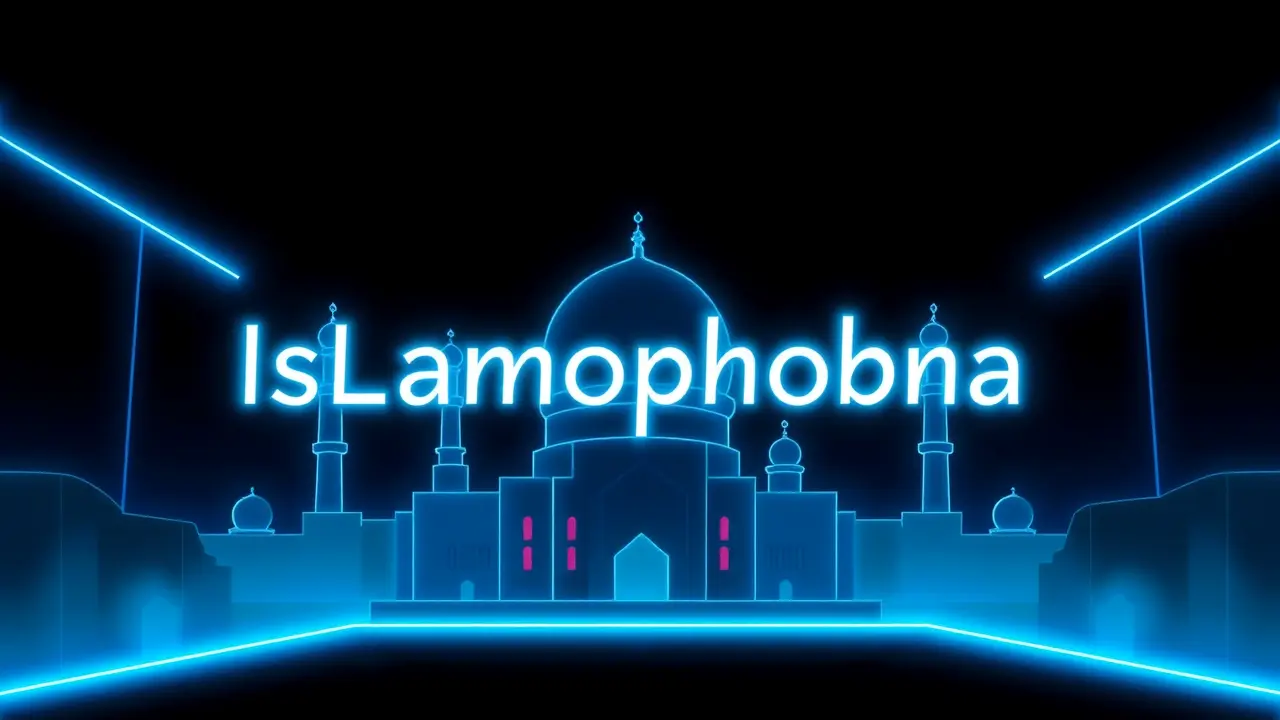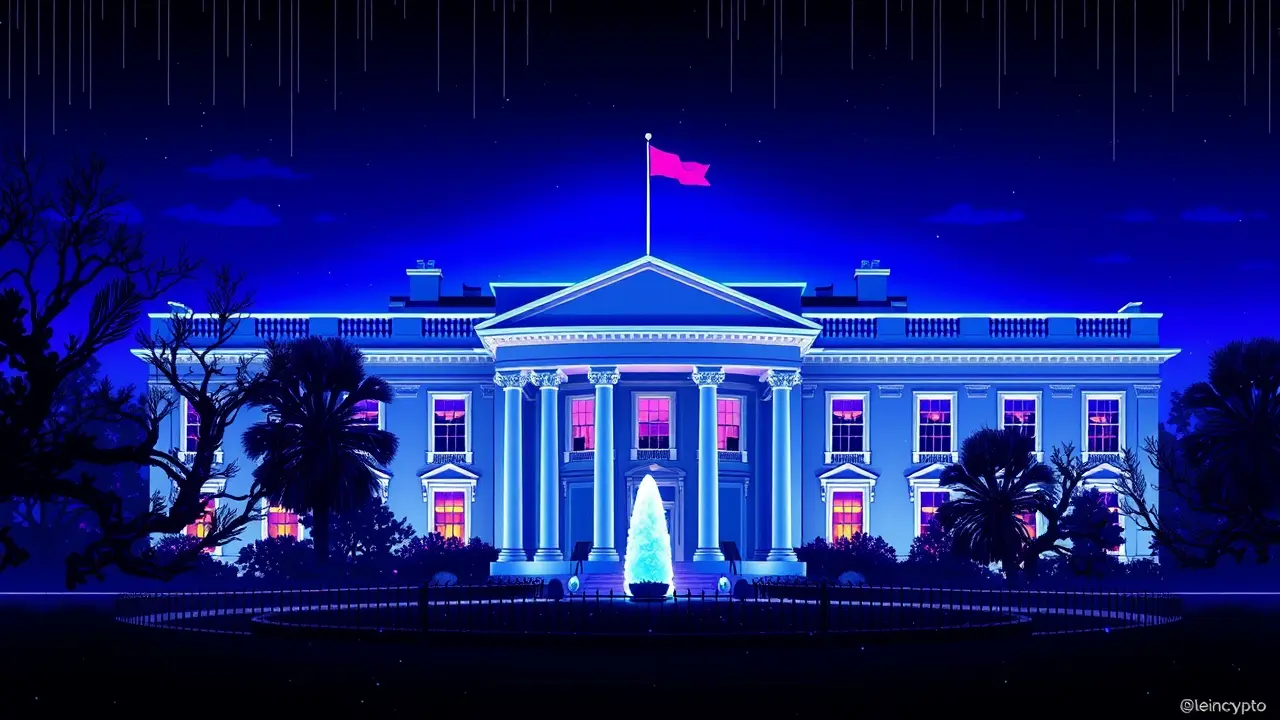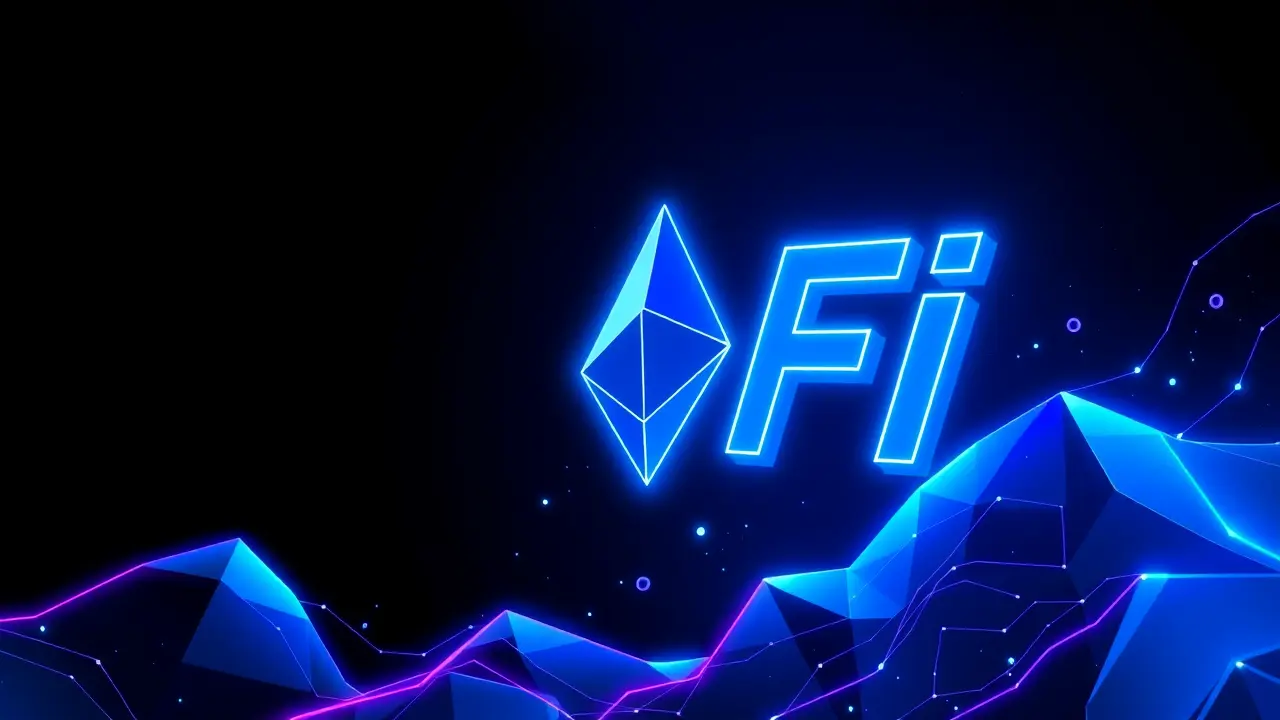
CryptodefiGovernance and DAOs
Ether.fi DAO proposes $50 million ETHFI buyback as DeFi’s repurchase wave tops $1.4 billion
AL
Alice Morgan
2 days ago7 min read
The Ether. fi decentralized autonomous organization has thrown its hat into the ring with a bold new governance proposal, a staggering $50 million program to buy back its native ETHFI token from the open market, a move that not only signals profound confidence in its own ecosystem but firmly plants the project within a burgeoning trend that has seen the collective value of DeFi token repurchases surge past the $1.4 billion mark this year alone. This isn't an isolated event; it's part of a powerful, community-driven symphony where protocols like Aave and even NFT marketplace giant OpenSea are actively listening to their tokenholders and deploying treasury assets to directly support their token's value, effectively creating a decentralized version of the corporate stock buybacks long championed in TradFi.For those of us who have been deep in the Ethereum ecosystem since the early days of smart contract experimentation, this represents a monumental shift in DAO maturity—it’s no longer just about funding grants or paying for development; it’s about sophisticated treasury management and recognizing that a token is not just a utility key but a representation of the collective belief and economic stake in the protocol's future. The mechanics are elegantly simple yet profound in their implications: the DAO's treasury, filled with protocol revenue and diversified assets, is used to purchase ETHFI from decentralized exchanges, permanently removing those tokens from circulation, thereby increasing the scarcity and, in theory, the value of each remaining token for every single stakeholder.This is the very essence of Vitalik's vision for a robust, self-sustaining crypto-economy, where communities aren't just passive participants but active stewards of their own financial destiny, making capital allocation decisions that would make any Fortune 500 CFO take notes. The proposal itself will now undergo the rigorous, transparent process of on-chain governance, with every ETHFI holder having the power to vote, debate, and shape the final outcome—a democratic process that stands in stark contrast to the opaque boardrooms of traditional finance.The broader context here is a DeFi summer of sorts for capital allocation strategies; as protocols begin to generate substantial, real revenue from fees and services, the question of what to do with those accumulating funds has become the central governance topic of 2025. Some advocate for aggressive expansion and acquisitions, while others, like the factions behind this Ether.fi proposal, argue for returning value directly to the loyal community that provides the liquidity and security underpinning the entire network. Critics, of course, voice concerns about potential market manipulation or short-termism, warning that buybacks can sometimes paper over fundamental issues with a protocol's product-market fit, but the sheer scale and frequency of these proposals suggest a deep, structural evolution.We are witnessing the emergence of a new financial primitive where internet-native organizations can programmatically manage their own monetary policy, reacting to market conditions with a speed and transparency that legacy institutions can only dream of. The potential consequences are vast: a successful buyback could solidify ETHFI's price floor, attract a new wave of institutional-grade delegates to the DAO, and set a precedent for other liquid staking tokens to follow, potentially triggering a virtuous cycle of value accrual across the entire DeFi landscape. This is more than just a $50 million transaction; it's a live-fire experiment in decentralized capital markets, a testament to the growing up of DeFi, and a powerful signal that the future of finance is being written not on Wall Street, but in the unstoppable code of smart contracts and the collective will of global, permissionless communities.
#lead focus news
#etherfi
#dao
#buyback
#defi
#ethereum
#tokenomics
Stay Informed. Act Smarter.
Get weekly highlights, major headlines, and expert insights — then put your knowledge to work in our live prediction markets.
Related News
Comments
It’s quiet here...Start the conversation by leaving the first comment.
© 2025 Outpoll Service LTD. All rights reserved.










